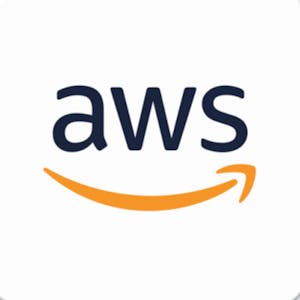FPGA computing systems: Background knowledge and introductory materials
About this Course
This course is for anyone passionate in learning how a hardware component can be adapted at runtime to better respond to users/environment needs. This adaptation can be provided by the designers, or it can be an embedded characteristic of the system itself. These runtime adaptable systems will be implemented by using FPGA technologies. Within this course we are going to provide a basic understanding on how the FPGAs are working and of the rationale behind the choice of them to implement a desired system. This course aims to teach everyone the basics of FPGA-based reconfigurable computing systems. We cover the basics of how to decide whether or not to use an FPGA and, if this technology will be proven to be the right choice, how to program it. This is an introductory course meant to guide you through the FPGA world to make you more conscious on the reasons why you may be willing to work with them and in trying to provide you the sense of the work you have to do to be able to gain the advantages you are looking for by using these technologies. We rely on some extra readings to provide more information on the topic covered in this course. Please NOTE that most of the time, these documents are provided through the IEEE Xplore Digital Library, which means that, to access them, you have to have a valid IEEE subscriptions, either does by yourself or through your university/company. The course has no prerequisites and avoids all but the simplest mathematics and it presents technical topics by using analogizes to help also a student without a technical background to get at least a basic understanding on how an FPGA works. One of the main objectives of this course is to try to democratize the understanding and the access to FPGAs technologies. FPGAs are a terrific example of a powerful technologies that can be used in different domains. Being able to bring this technologies to domain experts and showing them how they can improve their research because of FPGAs, can be seen as the ultimate objective of this course. Once a student completes this course, they will be ready to take more advanced FPGA courses.Created by: Politecnico di Milano

Related Online Courses
With Amazon Connect, you can build conversational interfaces so users can interact using natural language through speech or text. In this course, you will learn the benefits, typical use cases, and... more
The \"Personal Productivity & Time Management\" course offers a comprehensive guide to enhance learners\' productivity and time management skills. Emphasizing the crucial role of organization, the... more
What is the future of cycling in our cities that struggle to transition to more sustainable and inclusive forms of mobility? What is the role of innovation in ensuring that cycling becomes easier,... more
This course highlights the importance and role of software product management. It also provides an overview of the specialization, as well as its goals, structure, and expectations. The course... more
Messaging and collaboration applications are an essential part of productivity at work and school. Understanding how to use messaging, collaboration, and web conferencing apps can make you a more... more







